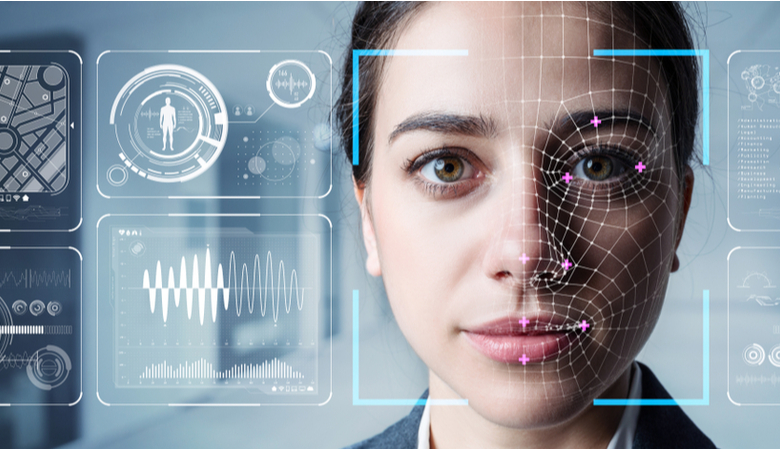Face recognition technology stands at the forefront of pioneering innovation in authentication, revolutionizing how individuals securely access digital services, devices, and sensitive information. This cutting-edge technology harnesses sophisticated algorithms and biometric analysis to accurately verify and authenticate individuals based on their unique facial features. As a result, face recognition eKYC has become a trailblazer in authentication methods, offering unparalleled convenience, security, and efficiency.
One of the key strengths of face recognition lies in its seamless integration into everyday devices and services. From smartphones and laptops to door access systems and banking applications, face recognition has become a ubiquitous feature, simplifying the authentication process for users. By simply scanning their faces, individuals can swiftly unlock their devices, access secure applications, and conduct transactions with ease, eliminating the need for cumbersome passwords or PINs.
Moreover, face recognition technology has elevated the standard of security in digital authentication. Unlike traditional authentication methods, such as passwords or fingerprint scans, which can be susceptible to theft, face recognition offers a highly secure form of biometric identification. The uniqueness of each individual’s facial features, coupled with the sophisticated algorithms used in face recognition systems, makes it exceedingly difficult for unauthorized users to bypass security measures, mitigating the risk of identity theft and fraud.
In addition to enhancing security, face recognition is driving innovation in user experience and interface design. By providing a more intuitive and natural means of authentication, face recognition technology enhances user convenience and accessibility. Whether it’s unlocking a smartphone with a glance or accessing banking services with a simple facial scan, the seamless integration of face recognition into everyday interactions streamlines processes and improves user satisfaction.
Furthermore, face recognition is expanding the boundaries of authentication beyond traditional digital devices. In the realm of physical security, facial recognition systems are increasingly deployed in public spaces, transportation hubs, and commercial establishments to enhance access control and surveillance. These systems enable rapid identification of individuals, enhance situational awareness, and bolster security measures, contributing to safer environments for individuals and communities.
However, the widespread adoption of face recognition also raises important ethical and privacy considerations. The collection and storage of biometric data raise concerns about consent, data security, and potential misuse. Moreover, the inherent biases present in facial recognition algorithms can lead to discriminatory outcomes, disproportionately affecting certain demographics.
In conclusion, face recognition technology is pioneering innovation in authentication, offering a secure, convenient, and efficient method for verifying individuals’ identities across a wide range of applications. As this technology continues to evolve, it is essential to address ethical concerns, safeguard privacy rights, and ensure responsible deployment to maximize its benefits while minimizing potential risks. By navigating these challenges thoughtfully, we can harness the transformative power of face recognition to create a more secure, inclusive, and trusted digital ecosystem.



